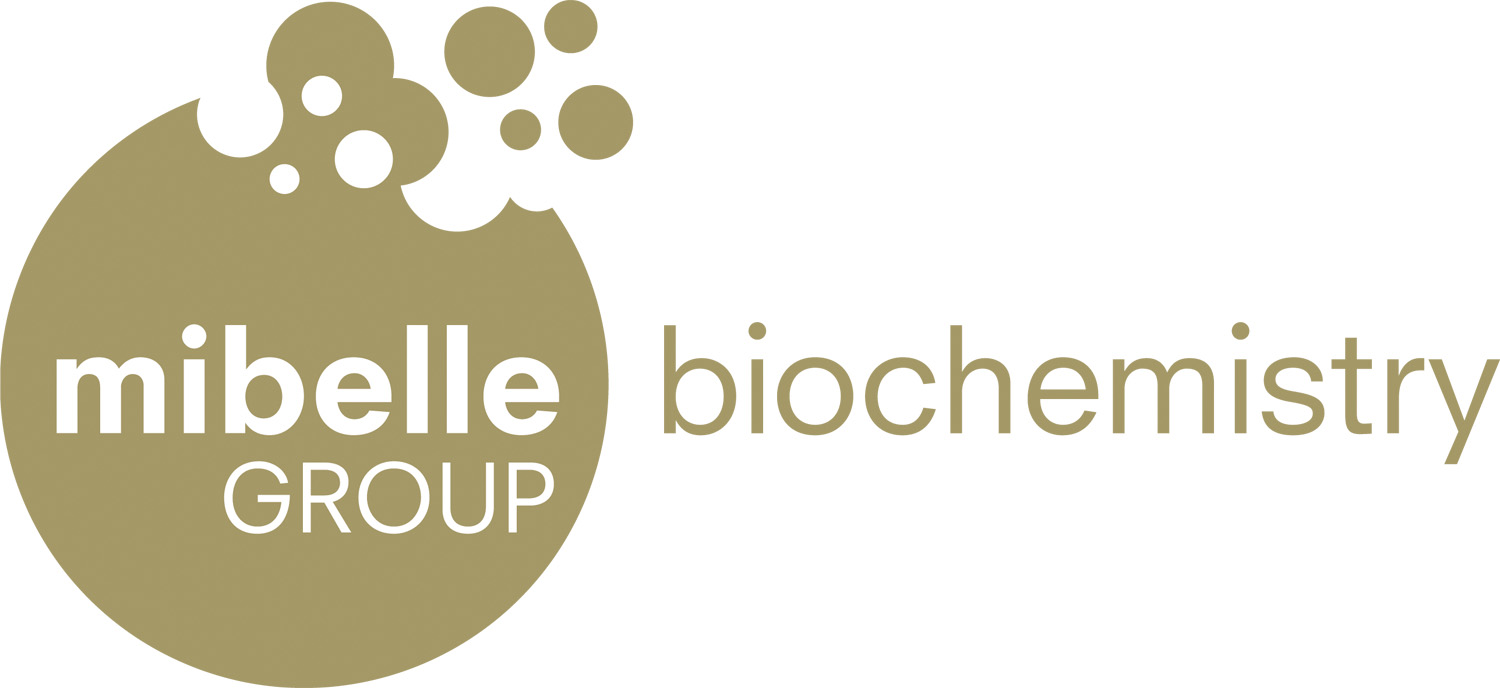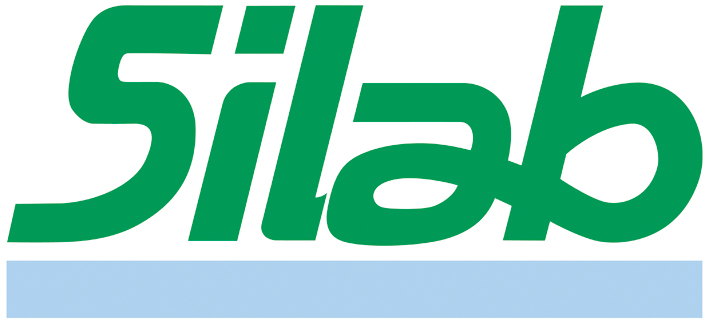Everybody is buying into biotechnology.
In February alone, Givaudan announced it would acquire Amyris’ Neossance Squalane, Neossance Hemisqualane and CleanScreen portfolio, based on sugarcane fermentation.
UK chemicals giant Croda, meanwhile, bought South Korean ceramides and phospholipids specialist Solus Biotech, while Symrise announced a minority investment in Synergio, a Jerusalem-based biotech company.
This activity followed hot on the coat tails of L’Oréal’s investment in French biotech firm and microalgae manufacturer Microphyt in November.
And summer 2022 saw chemicals giant BASF invest in Sea6 Energy’s Series B round, with Sea6 Energy specialising in red seaweed cultivation through biotechnology.
But biotech, although it is having a ‘moment’, is hardly a novel concept. What is getting skintellectuals all hot under the collar, instead, are terms like ‘lab-grown beauty’ and ‘syn-bio’.
Margate, UK-based brand Haeckels, for example, which received investment from Estée Lauder Companies last year, has said it is focusing on products containing lab-grown ingredients.
But how do these differ – if at all – from biotech? Is there an industry consensus? And what does this mean in terms of ingredient efficacy, sustainability and marketability?
What’s in a name?
At the close of 2022, trends forecaster Mintel ranked synthetic biology, or syn-bio, among its leading trends for 2023 alongside cultural shifts like sexual wellness and the metaverse.
Andrew McDougall, Director of Beauty & Personal Care Research at Mintel, tells Cosmetics Business that synthetic biology “refers to a set of concepts, approaches and tools within biotechnology that enable the modification or creation of biological organisms”, with the wider biotech umbrella being a “broad term encompassing the application of biological components or processes to advance human purposes”.
“It doesn’t have a clear universal definition,” he says of syn-bio specifically, “but there seems to be an agreed principle that synthetic biology is a field of science that involves redesigning organisms for useful purposes by engineering them to have new abilities. In some ways, synthetic biology is similar to another approach called ‘genome editing’ because both involve changing an organism’s genetic code.”




